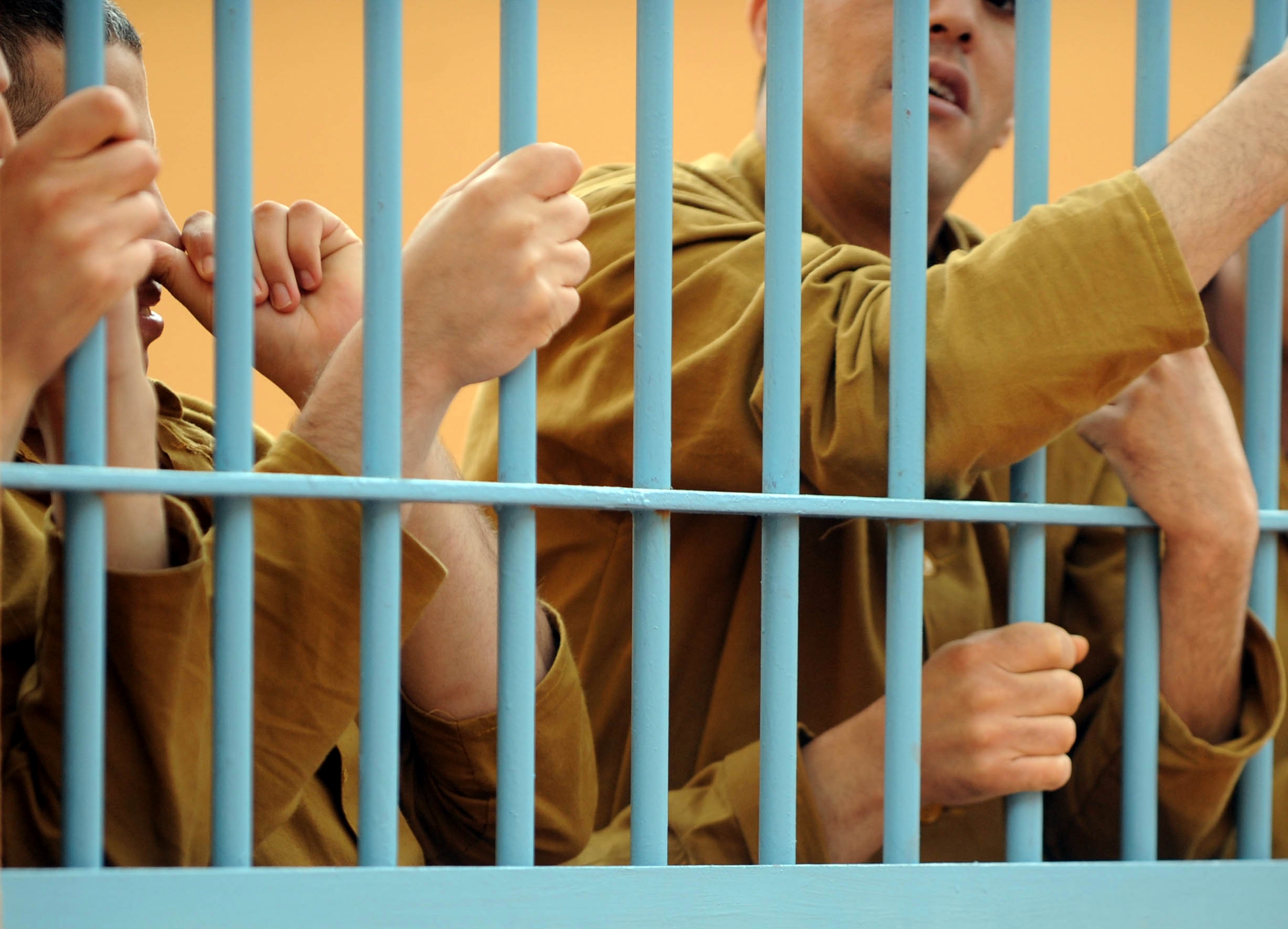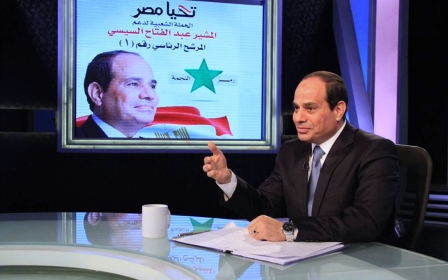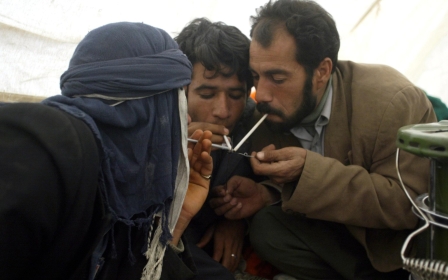Arabic press review: Israeli settlers, media 'inciting assassination of Abbas'

Israeli settlers 'inciting assassination of Abbas'
The Fatah movement has accused Israeli settlers in the occupied West Bank and Israeli media of inciting the assassination of Mahmoud Abbas after settlers marched through major cities calling for the death of the Palestinian Authority president.
In a statement, Fatah said that such conduct "is a natural result of Israeli policies consecrating hatred, incitement and crimes, in addition to the implementation of the apartheid policy practised by [Israeli Prime Minister Benjamin] Netanyahu’s government against the Palestinian people," according to a report by the Arabi21 news website.
Osama al-Qawasmi, a spokesperson for the Fatah Revolutionary Council, said that the Israeli government was financing "real terrorism" by occupying Palestinian lands, building an "Apartheid wall" and restricting freedom of movement as well as conducting field executions, in addition to demolishing houses and isolating villages and cities.
On Saturday, a number of Israeli settlers took part in demonstrations in Tel Aviv, Jerusalem and elsewhere, calling for the deaths of Abbas and the Palestinian people.
Stay informed with MEE's newsletters
Sign up to get the latest alerts, insights and analysis, starting with Turkey Unpacked
Living conditions getting worse in Damascus
Many people in Damascus are convinced that their living conditions will never improve and are now even worse than at the height of the country's civil war, according to a report published by the Saudi newspaper Asharq Al Awsat.
The newspaper says the problem is due to “the Syrian government’s inability to overcome the crisis of providing energy supplies and the increasing cost of commodities".
Since the beginning of winter, all areas controlled by the government have been experiencing a severe gas shortages for domestic use, the paper said.
Syrians have also had to endure shortages of heating fuel and long-term power cuts, as well as a record decline in the value of the Syrian pound against the dollar, which has led to a significant rise in the cost of living.
Despite the government's earlier assertion that these crises are "transient and will be overcome in a matter of days", the situation has not improved and has even worsened for some.
The energy crisis has got worse since the US Congress approved a proposed draft law imposing sanctions against the Syrian government over its links to Iran, the paper said.
According to economists, who spoke to Asharq Al-Awsat, all attempts by Damascus to circumvent US sanctions through Iran "will not work".
An economic expert stated: "Originally, and before the signing of the Iran nuclear deal, Iran has already been suffering as a result of the US sanctions. The country is barely able to provide the citizens’ basic needs. So the important question to raise here is: how can an already dead entity help a dying one?”
The expert indicated that Iran's economic support for the Syrian government had been stalled for more than a year because of the sanctions, noting that Tehran has not ratified the third $1bn credit line designated from Iran to Damascus.
No Islamic State fighters in Algerian prisons
Mosque imams in Algeria have met with convicted terrorist prisoners to review their ideological orientation and have concluded that none of them have links to the Islamic State (IS) group or its affiliates, Algerian Minister of Religious Affairs Mohammed Isa has said, according to Algerian newspaper Echorouk El Yawmi.
Isa said the imams had talked to the prisoners in order to convince them to review the intellectual and religious dogmas on which their commitment to armed violence was based. According to information at his disposal, he said, there were no IS returnees among them.
He added that a special programme would soon be launched that would focus on holding dialogues with victims of extremist ideology detained in Algerian prisons, and discussing the religious references they have followed in order to reform their thinking and help them to overcome "fanatical ideas".
Agreements between Jordan and Kuwait
Jordan and Kuwait will sign 28 agreements and memoranda of understanding covering wide areas of cooperation between the two countries, during the visit of Kuwaiti Prime Minister Jaber al-Mubarak al-Hamad Al-Sabah to Jordan on Monday, according to al-Ghad newspaper.
The agreements that will be signed come more than 18 months after the start of the Gulf crisis, during which Jordan was under pressure to fully sever its relations with Qatar. The deals follow a long period in which both Saudi Arabia and the UAE have stopped the flow of financial aid to Jordan.
The 28 agreements, which are as yet unsigned, include a variety of fields, namely economy, investment, industry, trade and agriculture, as well as transportation, energy, health, environment, communications and information technology, and cultural, political, parliamentary, security and customs understandings.
* Arabic press review is a digest of reports that are not independently verified as accurate by Middle East Eye.
Middle East Eye delivers independent and unrivalled coverage and analysis of the Middle East, North Africa and beyond. To learn more about republishing this content and the associated fees, please fill out this form. More about MEE can be found here.




